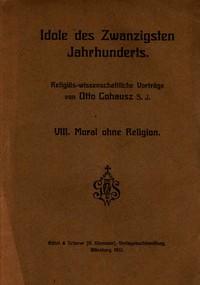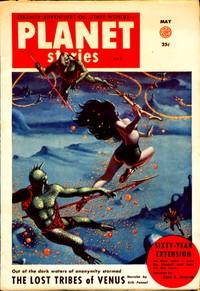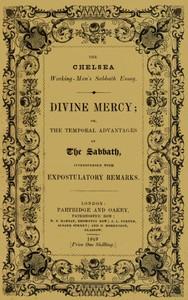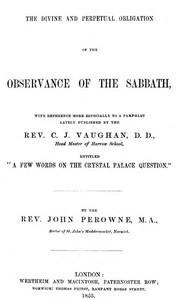Read this ebook for free! No credit card needed, absolutely nothing to pay.
Words: 54008 in 13 pages
This is an ebook sharing website. You can read the uploaded ebooks for free here. No credit cards needed, nothing to pay. If you want to own a digital copy of the ebook, or want to read offline with your favorite ebook-reader, then you can choose to buy and download the ebook.
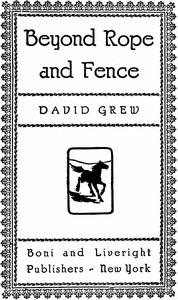

: Beyond Rope and Fence by Grew David Sichel Harold Illustrator - Canada Juvenile fiction; Horses Juvenile fiction; Wild horses Juvenile fiction
FOREWORD i
FOREWORD
In the fall of the year, the farmers and the ranchers of the northwest prairies of Canada release their horses for the winter. Strange as it may seem to those of us who shudder at the very thought of raging blizzards on the open plains, the horses that are left free to roam over unsheltered space and are obliged to dig down through feet of snow for their grass, not only survive the severest winters but are generally found fat and strong the next spring.
If while you are out riding you happen upon a group of these free horses, they will stare at you curiously until they begin to fear that you have come to gather them up and to take them back to the farm yard, then with angry, defiant tossing of heads they will turn and gallop out of reach, going so fast that you will not see them for snow dust. The horse you are riding, if he has ever enjoyed a winter of that freedom, will struggle to get away from you so that he may join them. Because you will not let him go, he will show his displeasure like a petulant child and long after you have forced him to abandon the attempt to get loose, long after the happier group has disappeared, he will keep turning his head back and calling yearningly to them.
The farmer who releases his horses in the fall rarely loses any of them. Every farmer knows every horse within a radius of twenty-five miles or more, knows them by name and colour, knows their histories and peculiarities. When the farmer is in doubt as to who some distant rider may be, you can hear him think aloud thus:
"That's Skinner's sorrel, Billy. Skinner's goin' for his mail." Or: "That's Spicer's white nag, Madge. I'll bet Spicer's comin' to see about them oats."
So in the spring of the year, when the farmers are all out searching for their horses, they know those they come upon, and if some farmer sees Skinner's sorrel, Billy, he will drive him in the direction of Skinner's homestead, talking to Billy as he does so, in some such fashion as this:
"Well, Billy, you little devil, you ain't any the worse for the worst winter in twenty years. You're fat as a pig. Go on now, get home! I know you don't like the idea of gettin' back to work, but it's soon seedin' time, you know!"
The farmer who works beside his horses daily, who gets to understand every expression of these beautiful, intelligent creatures, always talks seriously to them. This sounds strange to us until we have come in contact with these animals for a short time, when, hardly being conscious of it, we soon start talking to them ourselves. They certainly understand many words and I have seen evidences of horses recognising at once what sort of temper or mood men happen to be in as soon as they approach them.
Just as they learn to understand us, we learn to understand them. Every neigh or whinny takes on the meaning of a word, and their scowling or angry shaking of heads, and their protests against certain discomforts we impose upon them appear as clearly as the similar expressions of people. The most amazing fact, however, that slowly dawns upon us, is the fact that these lovely animals live in a conscious world of their own, not half so different from ours as we had allowed ourselves to think.
The rancher is not as intimate with the horses he breeds and rears in virtual wildness on the vast ranges which he leases from the government and about which he builds his barbed wire fences. Naturally so. He has from several hundred to several thousand horses and they are virtually in a wild state until he sells them, when they are broken-in and most of the untamed spirit is crushed out of them by heavy labour.
A rancher can rarely tell you how many horses he has. During the spring when colts are most often born, his stock may double for all he knows. He does not attempt to find out until the fall, when he rounds them up. The young colts are separated from their mothers and branded. The poor young things are tied and thrown and the red hot iron, with the shape of each rancher's particular brand, is pressed upon the shoulder till the insignia is burned through hair and skin, where the mark remains as long as the creature lives.
Free books android app tbrJar TBR JAR Read Free books online gutenberg
More posts by @FreeBooks

: Idole des Zwanzigsten Jahrhunderts. VIII. Moral ohne Religion Religiös-wissenschaftliche Vorträge by Cohausz Otto - Christianity 20th century
